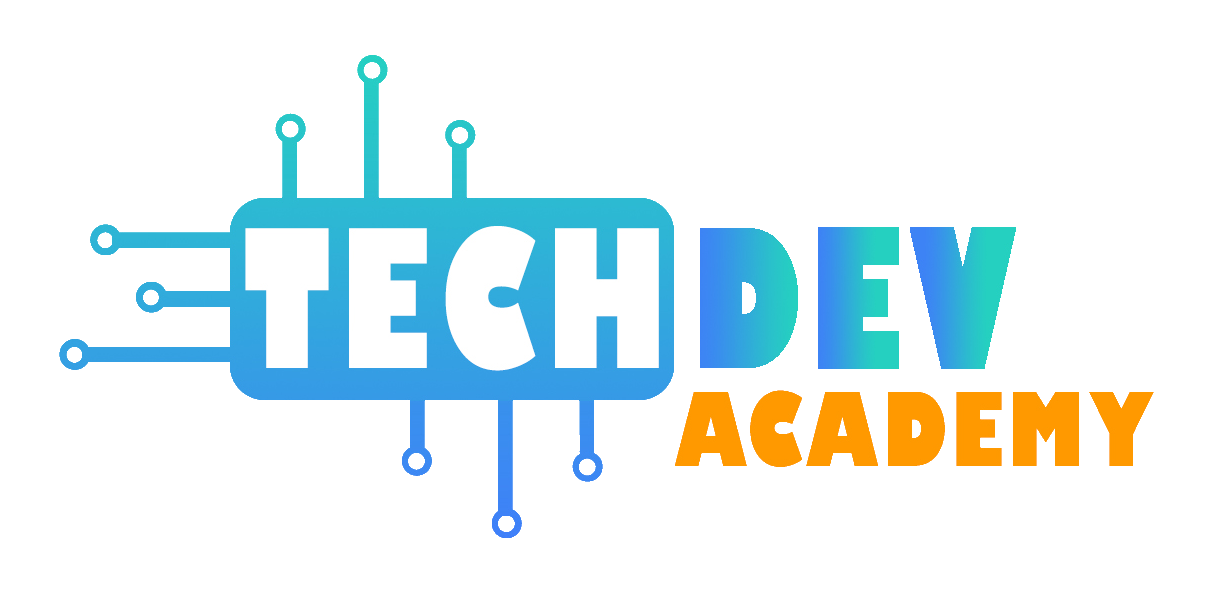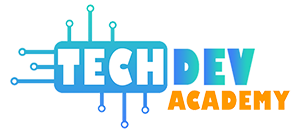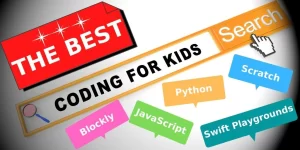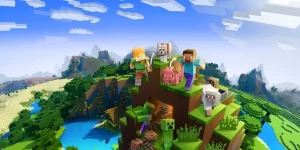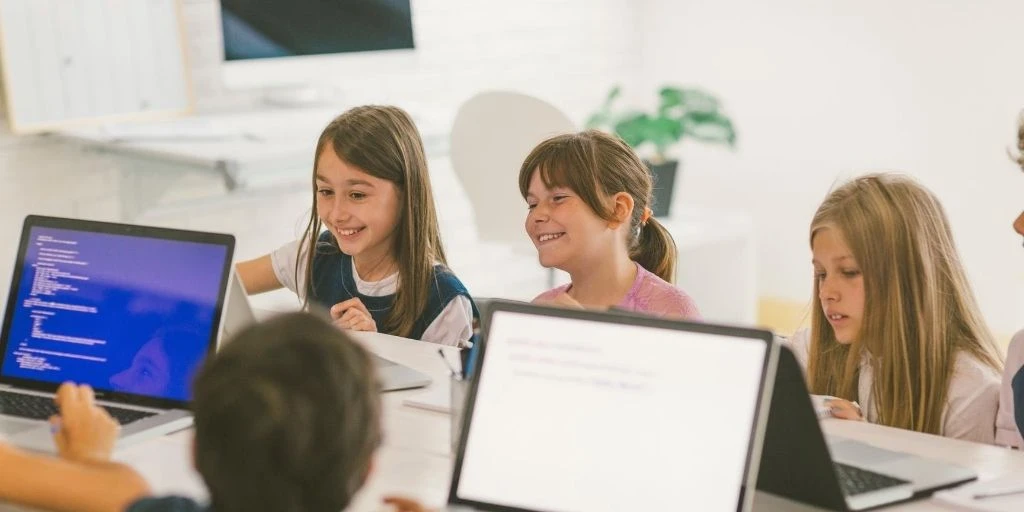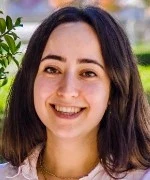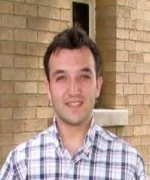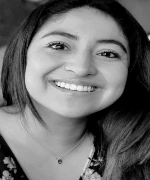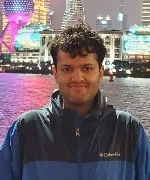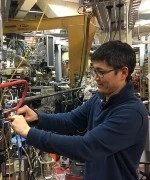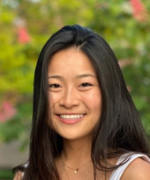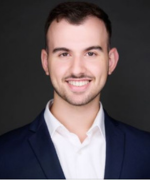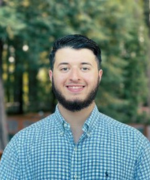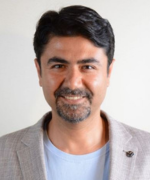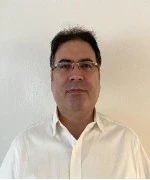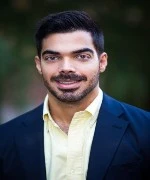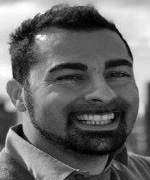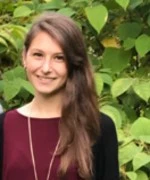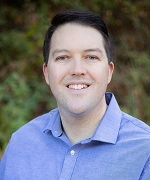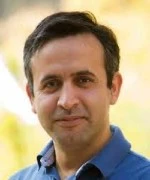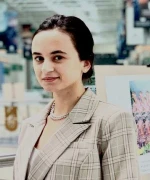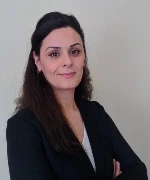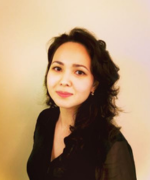Post-Pandemi Era: Homeschooling and Programming
With the COVID-19 pandemic spreading steadily, school shutdowns aren’t a surprise anymore for millions of parents around the world. But unfortunately, with the news that they won’t be returning to their favorite classroom anytime soon, kids are going through a stressful time. Therefore, for parents, the biggest question is how to fill the gap without putting much pressure on the kids. The simplest and perhaps the most effective answer is to have the kids introduced to homeschooling.
If you are new to this non-traditional form of learning, homeschooling could be a mystery to you. But did you know that between 1999 and 2016, the number of homeschooled kids nearly doubled[1]? It clearly reveals that homeschooling has been gaining slow but steady popularity. And these days, when the education of nearly 900 million kids and youth have been affected by the closures of schools in more than 100 countries around the world, homeschooling is being seriously discussed and adopted by a huge number of parents worldwide[2]. Keeping the importance of homeschooling, especially during this time, in mind, we thought it would be useful to help you understand the importance of adding coding to your kid’s homeschooling curriculum.
Importance of Programming
If you’re wondering why we think that coding should be added to kids’ homeschooling curriculum, the simple answer is that fundamental coding knowledge comes with the ability to change the way of our interaction with technologies and to open a new world of infinite possibilities. As the world is increasingly getting connected, we’re getting surrounded by digital devices running countless numbers of software that are powered by code of some kind. Therefore, the present, as well as, the future world would be heavily reliant on workforces having coding proficiency. So, kids with robust coding knowledge will be much more equipped to enter the future workforce than kids without that knowledge.
We are already spending a high amount of our time in digital environments and this will only increase over time. The important thing is that in these environments, the rules have been created by others. Without coding literacy, it’s simply impossible to understand the limitations of those rules and to determine whether they are there to fulfill the demands of technology. By knowing how to code, we can stop accepting websites and applications we use at their face value and start reviewing them critically, as well as, using them purposefully.
Why Kids Should Learn Programming?
Almost everything in our world depends heavily on technological innovations where programming plays a huge role. Therefore, coding knowledge will become increasingly important regardless of the career path your kid chooses to take. Here, we’ve outlined the most important benefits of learning programming as a kid.
- The fundamental coding knowledge helps kids interact with the surrounding technologies instead of consuming them passively. As kids become more proficient and confident, they will be able to move further in programming education more easily.
- Learning to code is not only about learning how to type several lines of code. Instead, it is more about learning how to think logically. Once kids get used to logical thinking, they can break a large problem down into smaller pieces and solve them effectively.
- With technology evolving at a fast pace, programming languages will surface and disappear. But the skillsets kids develop from learning to code will always be there throughout their lifetime. For instance, coding helps kids become confident enough to be creative. They get the chance to create something that is entirely their own. Furthermore, seeing the results of something created by self is usually enough to cultivate motivation – something that happens when kids learn to code.
How to Integrate Coding In Your Kid’s Homeschooling Curriculum?
While you may not have the resources like an educational institute, it is still highly possible to integrate coding into your kid’s other subjects. Here are the things you can try to accomplish.
- While it may sound surprising but there are intricate links between the language of coding and our traditional language arts. You can introduce coding basics into your kid’s language arts and include lessons like how stories can be created from games and puzzles, etc
- Mathematics is one of the most useful subjects that can be integrated with coding. This is mainly because coding heavily involves mathematical and logical thinking.
- Visual art is another subject that you can use to get your kid introduced to coding. There’re some popular coding games for kids that are mostly reliant on a visual interface so it becomes much easier to engage learners using visual elements.
In conclusion, instead of having you and your kids struggling with boredom offered by the indefinite lockdown, consider this period as an excellent opportunity to help the kids learn to code which is already become one of the most sought-after skills to have in the 21st century. Finally, regardless of the path, you take to teach your kid to code, make sure it remains fun. Remember, a kid who finds creative problem-solving an enjoyable process might get into coding down the road, even if he or she isn’t interested today.
[1] https://nces.ed.gov/programs/digest/d17/tables/dt17_206.10.asp
[2] https://oecdedutoday.com/education-responding-coronavirus-pandemic/
